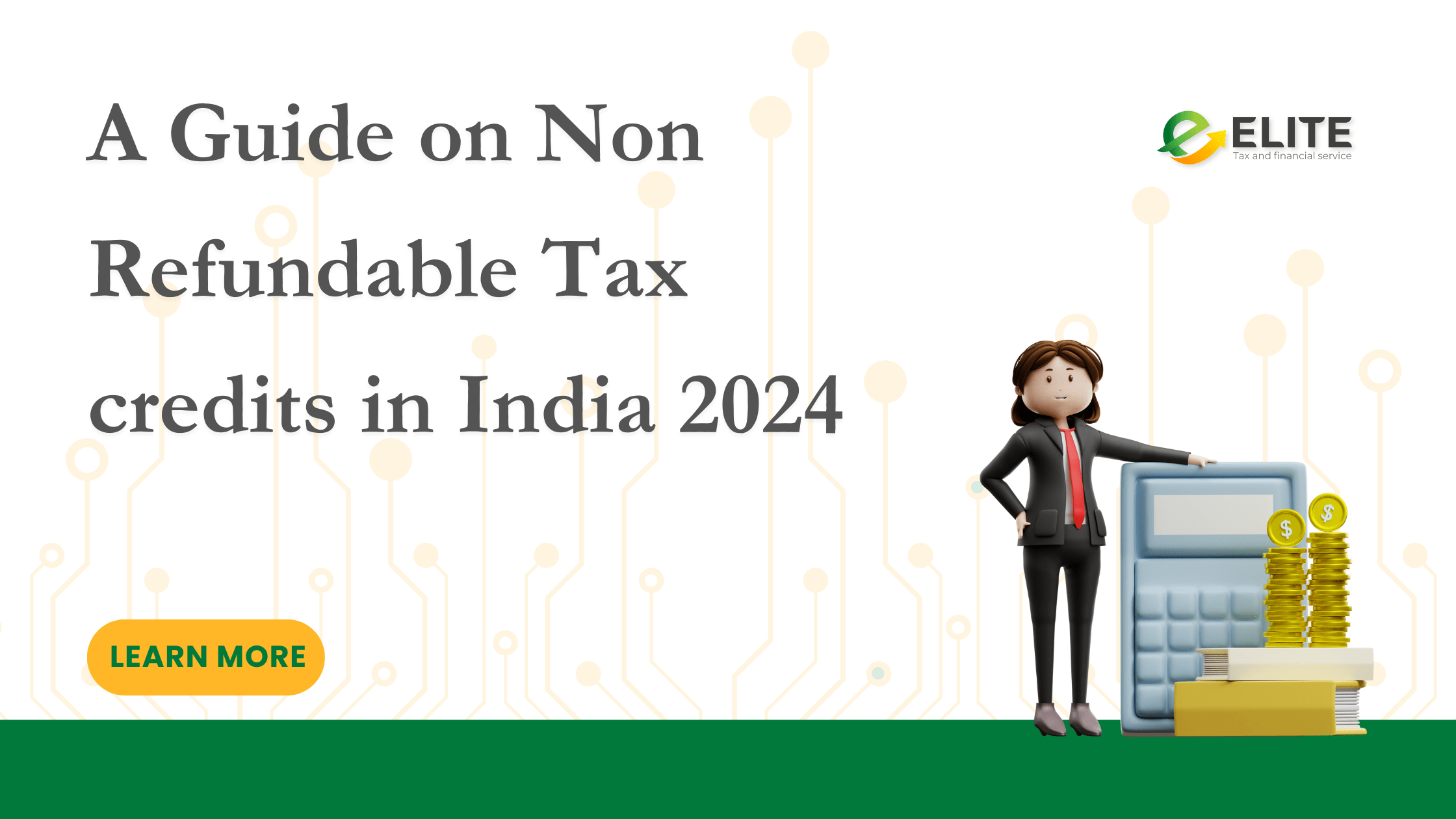Looking for an expert to handle your finance?
Get a FREE Consultation about your personal & business finance from our experts today

When it comes to tax matters, the complexity can often resemble navigating through an intricate labyrinth, replete with unexpected twists and turns. One common aspect encountered in this tax realm involves non-refundable tax credits. What precisely do they entail, and how can they prove advantageous for you? Let’s delve into this subject matter.
Non-refundable tax credits serve to diminish the tax amount owed; however, they do not yield cash back if your credits surpass your tax liability. A simple analogy would be likening it to a discount at a store: if you hold a $100 bill and a $20 coupon, you pay $80. Nonetheless, if you possess only a $10 bill and the same $20 coupon, there will be no reimbursement. Your credit would merely serve to reduce your tax bill to zero, and no further benefit would be derived from it.
Acquiring a thorough understanding of non-refundable tax credits can result in significant savings during the tax season. These credits have the potential to substantially reduce your taxable income provided you meet the eligibility criteria. Who wouldn’t want to retain more funds in their coffers?
Individuals who have been employed or have investments overseas may qualify for the Foreign Tax Credit (FTC). This credit aims to prevent double taxation on income earned outside the United States. Picture being taxed once in another country, only to face further taxation upon returning home. The FTC facilitates a reduction in your U.S. tax bill equivalent to the amount already remitted to another government.
The Lifetime Learning Credit can be a game-changer for both students and continuous learners. Should you be pursuing courses to enhance your skill set or further your education, this credit permits claims of up to $2,000 annually for qualifying expenses. It essentially rewards investing in oneself by providing a favorable tax concession.
The familiar Child Tax Credit allows parents to claim up to $2,000 for each qualifying child under the age of 17. This credit offers families an excellent means to alleviate their tax burden. Essentially, having children not only fills your home with love but also offers some financial respite come tax time.
In addition to the Lifetime Learning Credit, there exist other education-related credits deserving of recognition. The American Opportunity Credit is tailored for first-time college students and can be claimed for expenses such as tuition and books. Analogous to receiving a scholarship, this credit offers financial assistance while supporting educational endeavors.
Get a FREE Consultation about your personal & business finance from our experts today
Before diving in, ensure that you meet the criteria for the credits you are interested in. Different credits have specific requirements related to income, filing status, and other factors. If it seems overwhelming, break it down into manageable pieces.
Just as you wouldn’t attend a gathering without bringing anything, you shouldn’t file your taxes without the necessary documents. Gather all required paperwork, including income statements, proof of education expenses, and any other supporting documents for your credit claims. Think of it as preparing for an exam – you’ll want to have everything you need to succeed.
Tax forms can be baffling, but they are crucial for claiming non-refundable tax credits. Depending on the credit, you may need to utilize forms such as IRS Form 8863 for education credits or IRS Form 1116 for the Foreign Tax Credit. Accurate completion of these forms is vital; it’s your opportunity to demonstrate to the IRS that you qualify.
Similar to proofreading an important document, reviewing your tax forms can prevent errors. Ensure that all your information is accurate and that you have included all necessary documentation. Investing a little extra time here can prevent headaches later on.
Although both types of credits decrease your tax bill, non-refundable credits do not result in a refund if they exceed what you owe, unlike refundable credits.
2. Universal Eligibility
Not everyone qualifies for every credit. Always research and confirm your eligibility before assuming that you can claim a specific credit.
Non-refundable tax credits can be a valuable tool in your financial arsenal. Understanding their nuances and how to leverage them could lead to significant savings during tax season. Whether you are pursuing education, raising a family, or working internationally, there is likely a credit that can help alleviate your tax burden.
Therefore, as you prepare your taxes, consider the potential that non-refundable tax credits provide. They might just be the solution to unlocking some additional financial flexibility in your life. Further information you can contact Tax Consultation Services
A bachelor’s degree in commerce, economics, or law is typically required. Professional certifications such as CA, CPA, or CMA can further enhance career prospects
The time varies based on the educational pathway and professional certifications pursued. Generally, it can take 5-7 years to complete the necessary education and certifications.
Yes, gaining practical experience through internships or entry-level positions is crucial for developing the skills and knowledge required for a successful career in tax consultancy.
Analytical thinking, attention to detail, strong communication abilities, and proficiency in tax laws and regulations are essential skills for a tax consultant.
Salaries vary based on experience and qualifications. Entry-level consultants can expect to earn between INR 3-5 lakhs per annum, while experienced consultants can earn upwards of INR 10 lakhs per annum
© 2024 – Website Designed By Prashanth C